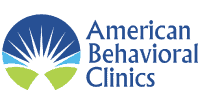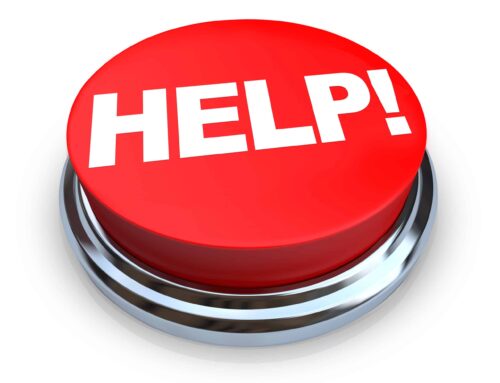
As we enter the 1-year anniversary of COVID-19, even with the roll-out of vaccines, it will take more time and continued preventative measures to work towards remaining safe and to keep others safe from the spread of the illness as much as possible. Continuing to follow guidelines as suggested by the CDC, for example, will continue to be an important part of us ultimately getting past this disease.
With the prolonged changes made to our lives in light of COVID-19, many children and adults are hitting a “pandemic wall”, where they grieve for the way our lives used to be before the pandemic. Making self-care a priority is now more important than ever to help maintain and fortify our own mental and physical well-being so that we can continue to make good life choices and also continue to help with the well-being of our family and loved ones. Here are some ideas the CDC suggests to help you take care of yourself:
For Adults:
• Find new ways to safely connect with familiar and friends, get support, and share feelings.
• Take breaks to relax and unwind through yoga, music, gardening, or new hobbies like painting.
• Treat yourself to healthy foods and get enough sleep.
• Take care of your body and get moving to lessen fatigue, anxiety, or sadness.
For First Responders:
• Limit working hours to no longer than 12-hour shifts.
• Work in teams and limit amount of time working alone.
• Write in a journal.
• Talk to family, friends, supervisors, and teammates about your feelings and experiences.
• Practice breathing and relaxation techniques.
• Maintain a healthy diet and get adequate sleep and exercise.
• Know that it is okay to draw boundaries and say “no.”
• Avoid or limit caffeine and use of alcohol.
For Teachers to Help Students:
• Remind students to find creative ways to spend time safely with family and friends.
• Encourage your students to be active and do things they enjoy each day.
• Create ways for students to write or talk about the way they feel about current events.
• Talk with students about healthy eating, sleep, and exercise.
• If you see a student struggling to cope, ask if they need help.
There is much more information on how to care for yourself and others during the pandemic available on the CDC website here: https://www.cdc.gov/coronavirus/2019-ncov/daily-life-coping/managing-stress-anxiety.html
Existing Patients and New Patients, Call us to schedule an appointment, get a medication refill or just to ask a question:
New Patients ONLY - Want to contact us through a form? CLICK HERE to fill out our contact form.





